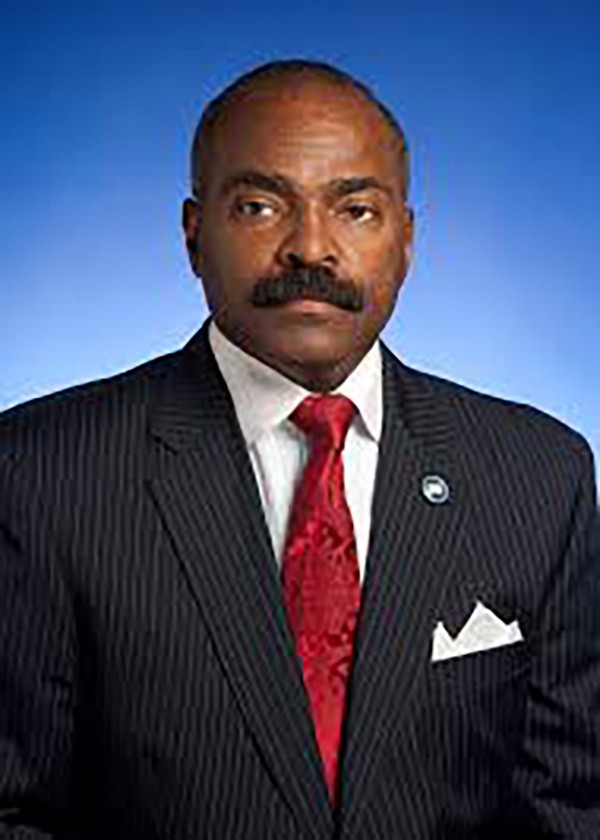Tennessee has come in for criticism for its responses to the coronavirus pandemic, but at least one organization, having surveyed 50 states, rates the Volunteer State as not having done all that shabby. The personal finance website WalletHub ranks Tennessee fourth-best overall in how well its health infrastructure was prepared going into the pandemic.
In specific areas, WalletHub rates Tennessee as follows:
• 20th – Public Healthcare Spending per Capita
• 14th – Number of Hospital Beds per Capita
• 30th – Epidemiology Workforce per Capita
• 11th – Emergency Centers and Services per Capita
• 2nd – Intensive Care Unit (ICU) Beds per Capita
That’s the (relatively) good news. A pair of ongoing lawsuits, each of which was scheduled for a key moment in court this week, suggests that other issues are not nearly so salutary.
A preliminary hearing was set for this Wednesday in the courtroom of federal District Judge Sheryl Lipman on a new suit filed against the office of the Shelby County sheriff, seeking emergency action on behalf of inmates currently infected or under threat of “severe injury or death” as a result of the COVID-19 outbreak.
Filed last week jointly by the American Civil Liberties Union of Tennessee; the American Civil Liberties Union; Just City; Paul, Weiss, Rifkind; Wharton & Garrison LLP; and attorneys Brice Timmons and Steve Mulroy, the suit is a federal class action that seeks the release of those prisoners deemed non-dangerous.
The suit “asks for identification of medically vulnerable individuals held at the jail and the immediate release of vulnerable people, most immediately those who are detained solely on the basis of their inability to satisfy a financial condition of pretrial release, or solely on the basis of a technical violation of probation or parole unless the county demonstrates that an individual poses a flight or safety risk.”
The suit alleges that, “as of April 30, 192 people at the jail had tested positive for COVID-19, and one jail employee had died.” It further notes that “[s]tatewide, the greatest number of deaths from the virus have occurred in Shelby County” and that, according to the latest reports, “86 percent of inmates at the Shelby County Jail were there pretrial.”
Alleging that the sheriff’s office is violating the 14th Amendment to the United States Constitution as well as the Americans with Disabilities Act and the Rehabilitation Act, the suit cautions that “an outbreak at the jail would spread widely in the community, draining the Memphis area of limited resources to fight the pandemic.”

G.A. Hardaway
See Viewpoint at memphisflyer.com by State Representative G.A. Hardaway (D-Memphis), chair of the Tennessee Caucus of Black Legislators, for more perspective on the jail as a “petri dish” for the COVID virus.
• The coronavirus outbreak is the main reason also for another suit, due for a hearing Thursday in the court of Chancellor Ellen Lyle in Nashville. This one, filed recently by Memphis lawyers Steve Mulroy and Jake Brown for the ad hoc group Up the Vote 901, cites the pandemic as a reason to extend the right of absentee voting to all registered Tennessee voters — a request so far denied by state officials. A parallel suit filed by the American Civil Liberties Union of Tennessee may, at Judge Lyle’s discretion, be folded into the original suit, and yet a third suit to the same end has been filed by the NAACP in another jurisdiction.
In a brief presented to the Court, State Attorney General Herb Slatery made several arguments against the proposed action, citing “numerous barriers” to rapid implementation of statewide absentee voting, including alleged costs of millions of dollars and “opportunities for error” indicated in the experiences of other states.
Tennessee is not the only arena where the right to vote by mail is at stake. After Michigan and Nevada sent applications for absentee voting to all registered voters, President Trump threatened those states with the loss of federal funding. The president claims the process of widespread voting by mail invites open fraud, though he himself recently voted absentee in Florida, and Republican states like Ohio have conducted elections by mail without incident. In any case, evidence of such fraud through absentee voting has proved hard to come by.
In the face of the pandemic, 11 of the 16 states that limit who can vote by absentee ballot have eased their election rules this year to permit expanded absentee voting in upcoming elections.
 Jackson Baker
Jackson Baker